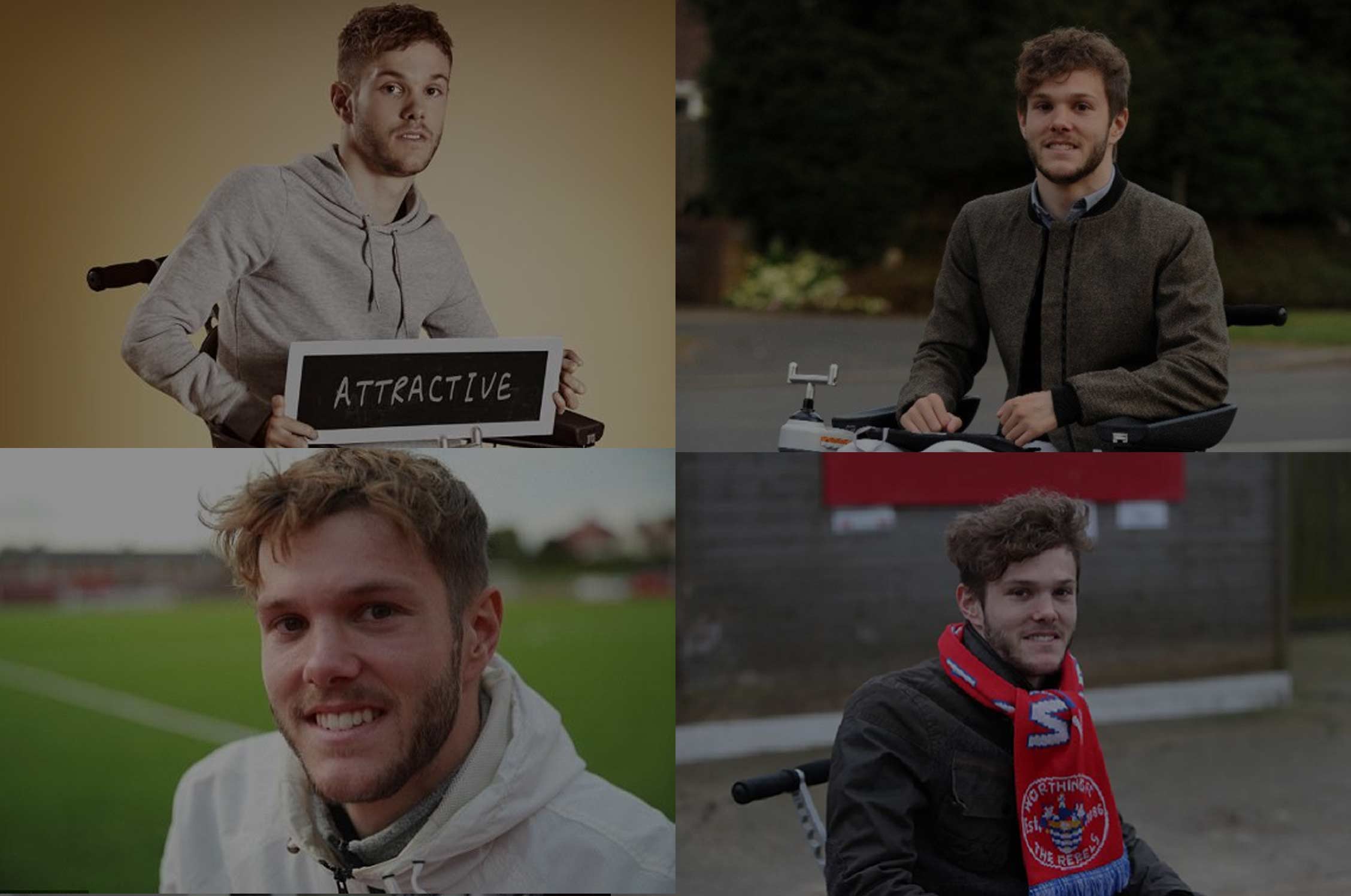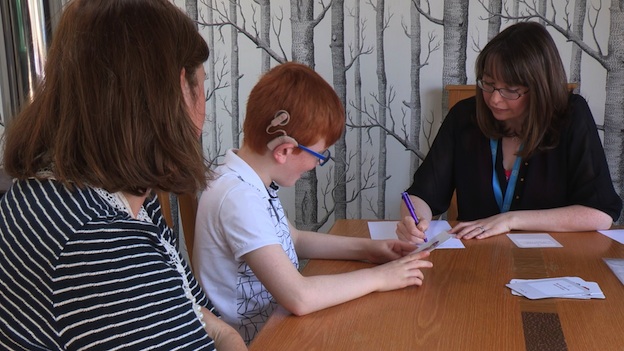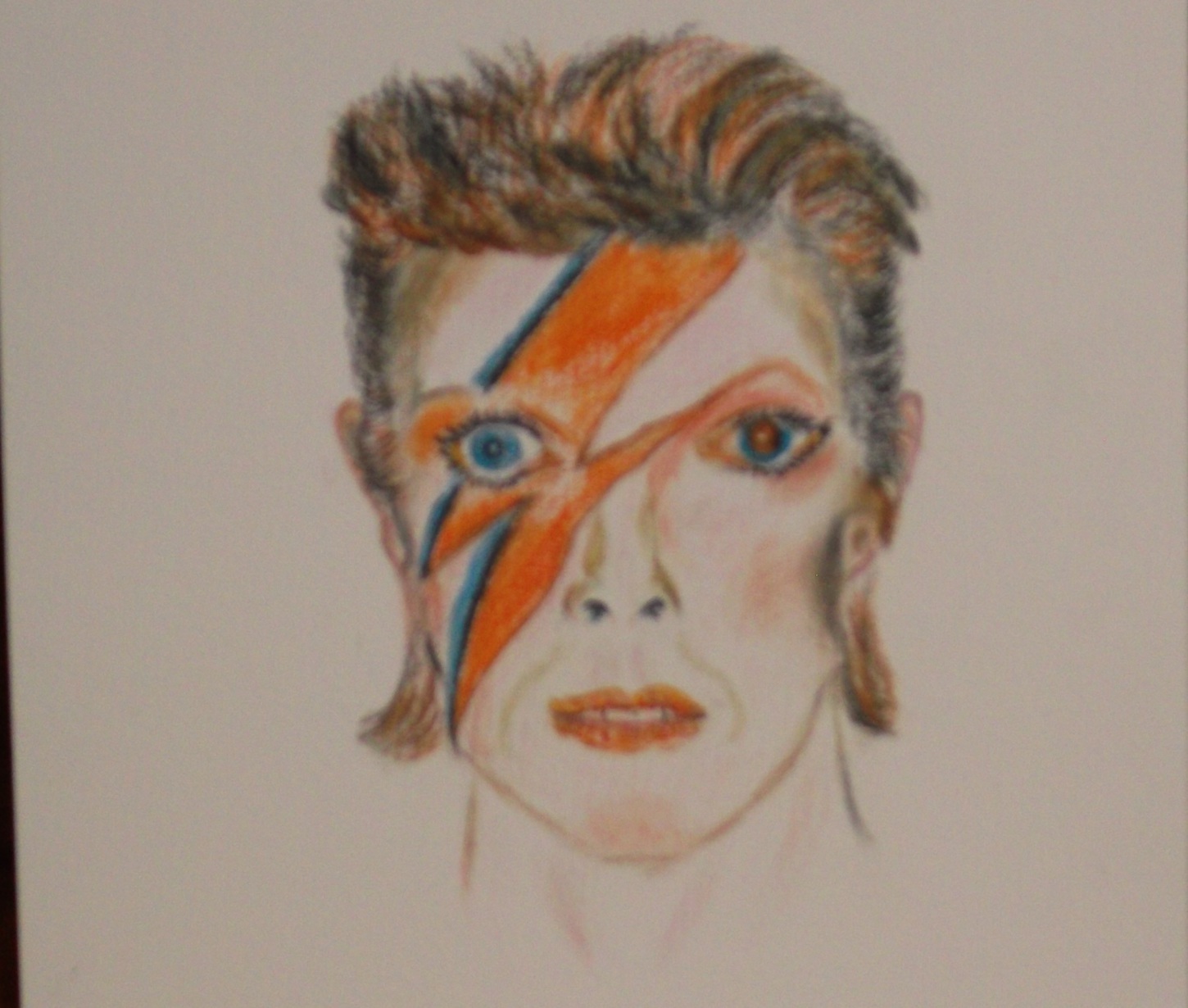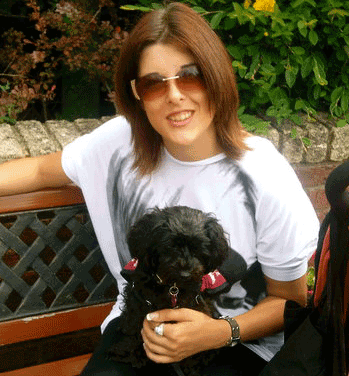Then..
There was light.
My crusty eyes opened slowly, and I quickly closed them again as the room was bathed in a bright white glow that bounced off the mirror and sent my head spinning.
I slowly cracked open one eye to see the sun pouring directly in through the window, giving the room a pure white heavenly glow, the white walls reflecting the sunlight in a pattern that bounced off the ceiling and onto my bed.
I slowly opened both eyes and adjusted my eyesight sideways to look at the digital alarm clock a few feet away. The digits were crystal clear and read 8:48. Still too early. It’s Saturday. Nothing to get up for.
I turned over and saw the book I was reading resting on the dresser in the corner of my room. The Vampire Lestat by Anne Rice. The text was crystal clear, as if it was just inches away, not across the room.
…
..
I shouldn’t be able to read that text. I looked around the room and realised that I could see the label on my shirt that was crumpled on the floor on top of my trousers, 40 degree white wash only. Clinique M Lotion, Vaseline Deodorant. I shouldn’t be able to see all of this.
I can see.
HOLY MOTHER FECKIN CHRIST ON A BIKE
I can bloody see.
What the actual holy shit.
I can still see. I can actually bastard see.
I scratched around for my glasses, and put them on and everything became blurry. I took them off and the world came to life again.
I jumped up from the bed and ran into the bathroom, I looked at myself in the mirror, my features were sharply staring back at me. My hair was all ruffled and I had a massive black head on my nose. But I didn’t care, I could see it so clearly.
Feverishly I splashed water on my face, convinced I was in some dream. I stared back in the mirror and looked around. AMAZING. I could still see EVERYTHING.
Running downstairs whooping with joy I nearly bumped into my Mum in the kitchen.
“Mum, you’ll never guess what”, I screamed.
“Morning, you got in late last night. Drunk again I presume due to the noise you made just getting up the stairs.”
“Yeah, sorry. Anyway. Mum I don’t know what’s happened, but I can see this morning.”
“What?”
“Yes, I know. I can see. Everything is crystal clear. Do you think my eyes are OK?”
“Errr, I don’t think that’s possible Gary. Are you sure you can see?”
“Yes, I’m positive Mum, have a look.”
My Mum approached me and looked at my eyes, her own eyes searching for some answer. Her face showing complex emotions of worry, sadness and a glimmer of hope.
“They’re really red and bloodshot, Gary. How much did you drink last night?”
“A lot, but that’s beside the point. They’re a bit itchy though”
I strode purposefully to the downstairs toilet and stared at myself in the mirror. My eyes were red-rimmed and bloodshot, I looked like the vampire Lestat in human form. My face was white and puffy. I leaned in closer.
OH. SHIT. BOLLOCKS.
“Gary, language” Mum called from the kitchen.
I reached into my eye with my finger and felt a very dry crustyness. My finger hit something plastic and then there was a loud schlurpick sound as my contact lens was ripped from my iris. It felt like my eye socket had fallen out along with my contact and I had to quickly check the mirror to see that my eye was still where it should be. In my head.
I pulled the other contact lens out with another loud sucking sound that felt like my intestines were being sucked out through my eyeball. A sudden wave of nauseousness hit me and I turned to the toilet and retched the contents of my alcohol and kebab filled belly.
A few minutes later I stood up washed my face and looked in the mirror.
The world was blurry again. My eyes were still broken.
“Are you OK Gary?” Mum called out from the kitchen with a hint of concern in her voice, clearly having heard me return the contents of last nights exploits into our cistern.
“Yeah, I’m fine Mum. I slept with my contacts in. My eyes feel horrible and dry. My eyes are still buggered I’m never drinking again. Port and Brandy is lethal.”
For those delightful few minutes, I thought I was normal. I believed that by some miracle I had awoken to discover that my eyes were fixed. Not just my short-sightedness but my tunnel vision too. I convinced myself that I was normal.
I was 21, still a long way from coming to terms with what Ushers Syndrome was or how RP (Retinitis Pigmentosa) was truly irreversible. I had convinced myself many times that I’d be OK. And on this morning, I thought that my eyes had been fixed.
After that I never slept with my contact lenses in again and despite the hangover and copious amounts of bile that ejected themselves forcefully from my growling stomach, I always remembered fondly those few precious minutes when I felt normal. My eyes were fixed, I was like everyone else.
You might be thinking that was just a silly embellished story about how a young drunk Gary slept with his contact lenses in, big deal. But you have to understand that I was a very different person then.
It was about that time that I started drinking and smoking quite heavily. I remember having conversations with some of my friends, all of whom hated smoking and drank a lot less than me.
“Smoking isn’t good for you. You’re killing yourself”
“You’re just going to send yourself to an early grave drinking and smoking all the time”
My extremely mature response was “Well, I’ll be deaf and blind soon so what’s the point of worrying if smoking kills me?”.
That was my standard response to most things at that time, “Well I’ll probably be blind by the time I’m 30 anyway, so who cares”.
Fortunately I had a very good bunch of friends and family, and me going off the rails didn’t include any Class A drugs or rehab. I suspect that most people didn’t think I was going off the rails and rebelling at all, and just thought I was being a typical 20 something man who hadn’t fully grown up yet.
I was 15 when I was first diagnosed with RP. I remember the visit to Moorfields very clearly. This was in the mid 80s and you have to understand that not only was RP and Ushers a very newly discovered disease, there were many aspects that weren’t fully understood. Technology was also not fully utilised within the medical profession and they were using some concepts that had been used for decades.
My visit to Moorfields reminded me of One Flew Over the Cuckoos Nest. I was Jack Nicholson and was prodded, poked, pushed, pulled, tweaked, prodded again and more and more people in white coats were coming in looking at my eyes, mumbling and then walking away.
I still have memories of lying back in some dentist chair, with electrodes on my face, and some wires actually sitting on my eyeballs. A light was periodically flashing brightly on the wall and every time I blinked my eyes and body received a small electric shock. Apparently this ‘test’ was to discover how my eyes reacted to bright bursts of light. Not very well as it turned out. Who knew?
One of the doctors sat me and my family down in an ironic twist a very dark room, and point blank explained that I had RP, a hereditary disease that causes permanent sight loss. The particular nuances of what followed were lost on me. The reason for this is I distinctly remember the doctor saying:
“Really, you shouldn’t worry too much about it Gary. It shouldn’t affect your life for now. Unless of course you want to be an Airline pilot when you grow up. What do you want to be?”
“An Airline pilot” I murmured.
“Oh. Well perhaps you should think of other ways you could work in that type of field. Hmmmm?”
His bedside manner wasn’t the best. And so as a 15 year old boy I knew my eyes were broken. Over subsequent visits over the coming years I found out that RP was just the tip of the iceberg of my disease and it was actually called Ushers Syndrome, which affects hearing and sight loss.
Since then, I’ve visited Moorfields every 6 months or so. There have been times when there have been a few years between visits. “What’s the point. They can’t fix my eyes, so there’s little point in getting electrodes put on my eyeballs again.” I often convinced myself.
But over time I’ve accepted my fate, and realised that it’s important for me to check-in to Moorfields. It’s a learning hospital, and all my tests that are conducted are logged and looked at by very clever people. Every year we hear about a lot of money and time being spent on finding a cure and possible treatment. Which might be getting closer and closer. It’s been posted in the news that a woman in the UK has just had a retina chip, or bionic eye as the news likes to sexy up the quite technical complexity of the operation. It’s clear that there are some clear signs of positive progress for helping people that have this horrible disease.
So probably not for me, but for future generations it will be good if they could wake up one day and have their miracle realised for real, every single day for the rest of their lives.





